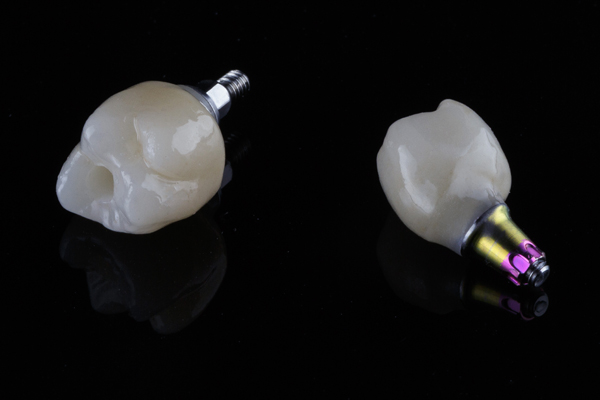Pros and Cons of Root Canal Treatment

Root canal treatment enables dentists to save severely damaged, decayed, or infected teeth. The procedure is typically recommended when a tooth has a compromised pulp chamber. The pulp chamber is the innermost layer of a tooth, and it contains blood vessels, nerves, and connective tissues. Tooth decay and damage can leave this part of a tooth exposed to bacteria and other irritants in the mouth, leading to excruciating toothaches and increasing the risk of infection.
Root canal treatment involves removing the soft tissues in the pulp chamber and resealing the area. The method has a high success rate, and it is not a painful treatment despite many people believing otherwise.
The benefits and disadvantages of getting root canal treatment
Let us take a close look at a few of the pros and cons of root canal therapy.
Pro: Can save the tooth
Root canal therapy can save severely damaged or infected teeth, enabling patients to keep their natural teeth. Saving a patient’s natural tooth helps prevent the bone tissue loss that often occurs when a tooth is lost. The tooth’s root gets to continue stimulating the patient’s jaw, keeping their jawbone healthy.
Cons: Weakens teeth
Teeth that have been treated with root canal therapy can end up weaker than they originally were. The technique involves drilling a hole into the tooth, which weakens its structure. Dentists often recommend putting crowns on teeth that have been treated with root canal therapy, to protect them from bite forces and restore their appearance and function.
Pros: Ends tooth pain
A compromised pulp chamber typically leads to painful toothaches. The pain often does not respond to over-the-counter toothache products, and if it does fade, it does not stay away for long. The intensity of the pain can be so severe that it prevents people from focusing on tasks or getting any sleep at night.
These toothaches can be painful enough to even get people with dental phobias to see a dentist. Fortunately, the pain is typically gone by the time that the root canal procedure is over.
Con: Might require multiple dental visits
The root canal procedure can typically be performed during a single visit, but dentists sometimes choose to break it up into multiple treatments. It often comes down to how badly infected the tooth is. Dentists sometimes prefer to apply medication to the tooth twice before sealing it back up. Patients might also need multiple appointments if the dentist plans to cover the treated tooth with a crown.
Pro: Prevents alignment issues
People who choose to save their damaged teeth with root canals over extractions are less likely to develop alignment issues or gaps forming between their teeth. Extracting a tooth can lead to the remaining teeth moving out of their original positions as they try to close the gap.
We can save your tooth
Are you dealing with a severely damaged or infected tooth? Give us a call or visit our {{CIT}} location to set up an appointment with our dentist.
Request an appointment here: https://www.mfgrassodds.com or call Michael F. Grasso DDS at (636) 777-7700 for an appointment in our Chesterfield office.
Check out what others are saying about our dental services on Yelp: Root Canal Treatment in Chesterfield, MO.
Recent Posts
A dentist might recommend root canal therapy if you have a badly damaged, decayed, or infected tooth. The procedure targets narrow openings at the roots of teeth – called canals – that contain nerve fibers and blood vessels that provide sensation and nutrients to teeth.These nerves play an important role in the development and health…
Finding out what root canal therapy involves is something any dental patient who needs to undergo this commonly performed procedure needs to do. Asking a general dentist about root canals allows patients to get correct information, as well as ask any additional questions they have. One of the more common questions is how many dental…
The prospect of having a root canal probably will not get anyone excited. When you have severely decayed teeth or an infection in the roots or pulp, this procedure may be necessary. Though many people may have fears about this treatment, it can salvage teeth. Instead of having your dentist remove the affected tooth, you…
A root canal is a form of surgery that is performed under either local or general anesthesia. Therefore, you need to follow your dentist’s orders after the procedure. That includes proper cleaning, how to reduce the swelling and even the foods you eat. The last thing you want is to irritate the area and then…


